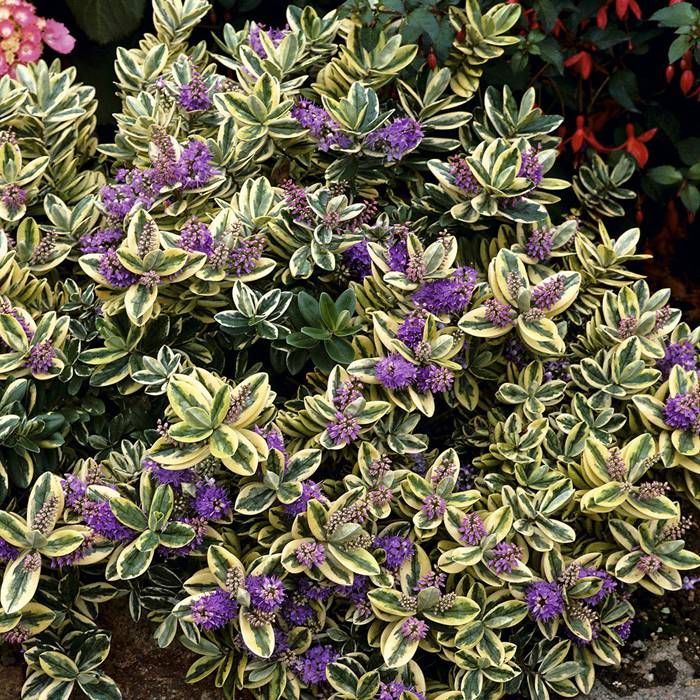The unpredictable nature of the UK’s weather has led to significant changes in gardening practices, as evidenced by recent research and observations from the Royal Horticultural Society (RHS).
With heatwaves, droughts, and the wettest period on record from 2023 to 2024, gardens across the country are facing extreme conditions, oscillating between scorching heat and waterlogged soil.
This has prompted the RHS to call on gardeners to share their experiences and observations to better understand how plants are adapting—or struggling—in this changing climate.
Gardeners are noticing that traditional flowerbed staples may no longer be reliable. While some plants, like Gladiolus and Iris, are flourishing in the warmer summers, others such as Hebe and Pittosporum are suffering due to heavy rainfall, extreme temperatures, and unexpected frosts.

This shift is forcing gardeners to reconsider their plant choices and adopt new strategies to maintain the vibrancy and diversity of their gardens.
The RHS, in collaboration with the Universities of Sheffield and Reading, is conducting research to document these changes. By collecting data from gardeners across the UK, the RHS aims to identify which plants are thriving and which are struggling in various regions.
This research is crucial for developing recommendations on how to manage and protect plant diversity amidst the climate crisis.
Already, the RHS is making adjustments in its gardens. Heat-loving species like banana and lotus are now blooming at RHS Garden Harlow Carr in Yorkshire, a feat that would have been unimaginable just a decade ago.
Similarly, the successful trial of Lagerstroemia at RHS Garden Wisley in Surrey and the growth of cacti at RHS Garden Hyde Hall in Essex highlight the profound impact of the UK’s changing climate on gardening practices.
The findings from this ongoing research will not only help gardeners adapt to the current climate challenges but also ensure that gardens continue to offer environmental and well-being benefits for years to come.
As Tim Upson, RHS’s director of gardens and horticulture, emphasizes, understanding plant diversity and resilience is key to the future of gardening in the UK.

